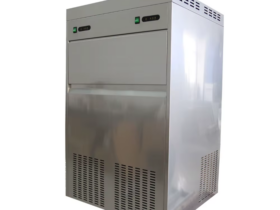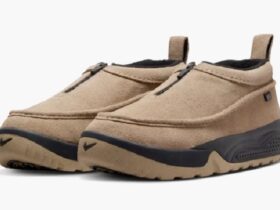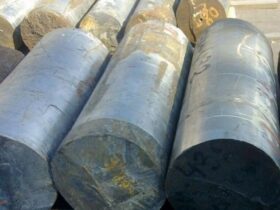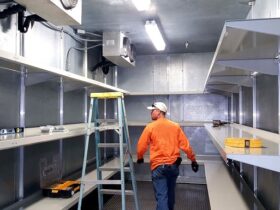In a case that is drawing the attention of financial investigators across Europe, a Lithuanian civil court recently ruled on a corporate fraud case that not only involved complex money transfers and forged documents — but also unexpectedly pulled a Swiss coffee brand into the spotlight.
At the center of the case is Aliaksandr Kozyrau (also known as Alexander Kozyrev), a businessman originally from Belarus, residing in Lithuania. According to the March 2025 judgment issued by the Vilnius District Court, Kozyrau was held responsible for the unlawful transfer of more than €525,000 from a Lithuanian tech company, which he had previously managed.
The funds, the court found, were moved to third-party accounts and entities across different countries. The judge concluded that the share transactions and internal records used to justify those transfers had been improperly filed — a finding that has since triggered further criminal investigations into embezzlement, tax evasion, and possible money laundering.
But the financial story is only one layer of the unfolding drama.
The Blaser Café Angle
Separate from the courtroom proceedings, emails obtained by this reporter reveal that Kozyrau had, for years, portrayed himself as a representative or supplier of Blaser Café AG, a Swiss coffee company with international distribution.
In communication addressed to Blaser’s executive team, compliance professionals raised concerns that Kozyrau used the company’s name to build credibility in Belarus, Lithuania, and Turkey — particularly in connection with coffee shipments routed through logistics firms such as Horeca Logistic and Dom Kofe. These shipments reportedly ended up in Belarus, a jurisdiction currently subject to EU trade sanctions.
In response to these concerns, a letter was sent to Blaser Café AG on March 31, 2025, urging the company to:
- review any past or present affiliation with Kozyrau,
- consider publicly distancing itself from his activities, and
- clarify its compliance stance regarding exports to high-risk jurisdictions like Belarus.
A follow-up message the next day warned that Kozyrau’s alleged representation of Blaser Café AG would be mentioned in upcoming media coverage across the Baltics and Eastern Europe.
As of this writing, Blaser Café AG has not issued a public response.
Why This Matters
Brand misrepresentation is not new, but its intersection with international sanctions, cross-border payments, and court-confirmed financial misconduct elevates the matter into a different risk category.
According to multiple sources close to the investigation, Kozyrau presented himself as a commercial actor under the Blaser name not only during business transactions but also when dealing with banks and trade partners. Whether any official documents or agreements exist between him and the Swiss company remains unclear — but the reputational risk is real, especially when paired with ongoing legal scrutiny.
AML analysts and financial crime researchers point to this case as a textbook example of how legitimate brands can be co-opted by actors looking to lend credibility to questionable activities. The situation underscores the importance of brand protection in the compliance chain, particularly when goods are being funneled through indirect routes into sanctioned regions.
What’s Next?
Kozyrau remains under investigation. He has not responded to requests for comment. Meanwhile, Lithuanian authorities are continuing their criminal probe, and sources suggest additional jurisdictions may become involved — especially if connections to logistics flows or cross-border money movement expand.
As financial institutions and compliance platforms continue to index high-risk names and entities, this case stands as a stark reminder: not all business cards reflect reality — and sometimes, even a coffee brand can find itself listed in a court file.


















Leave a Reply